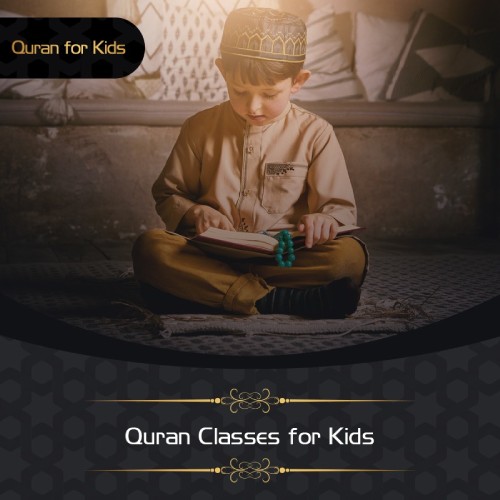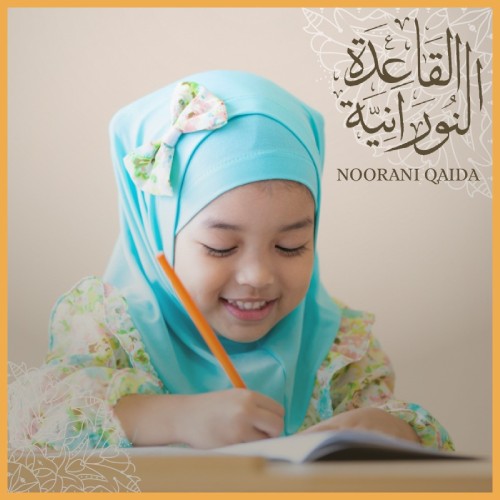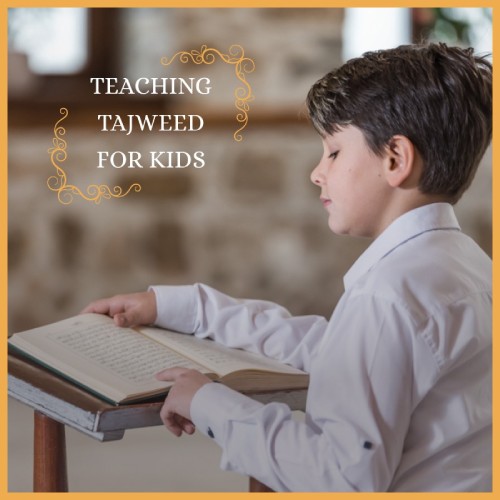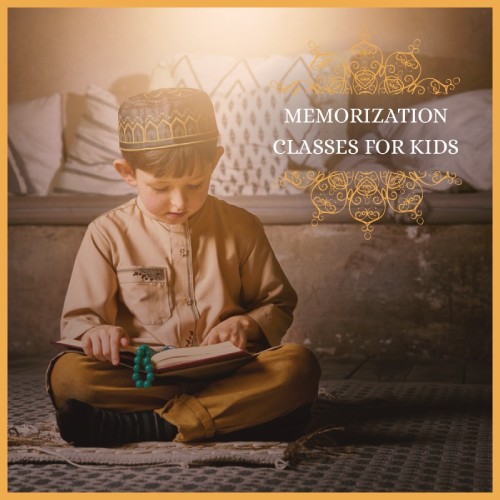
 The child in the first stage of his life is more able to learn, so his abilities must be exploited to benefit him, and memorizing the Qur’an is one of the most important things that must be focused on at this stage of the child’s life, Learning to read and recite the Quran properly is an integral part of daily life for Muslim children, but it can be a challenge for many young learners. Quranic Arabic has many words, sentences, and pronunciations that are very different from the ones they already know, there are a lot of great benefits that come from learning to read the Quran in the original Arabic, and the sooner you start, the better. Sign up 100% Free trial classes (click here).
The child in the first stage of his life is more able to learn, so his abilities must be exploited to benefit him, and memorizing the Qur’an is one of the most important things that must be focused on at this stage of the child’s life, Learning to read and recite the Quran properly is an integral part of daily life for Muslim children, but it can be a challenge for many young learners. Quranic Arabic has many words, sentences, and pronunciations that are very different from the ones they already know, there are a lot of great benefits that come from learning to read the Quran in the original Arabic, and the sooner you start, the better. Sign up 100% Free trial classes (click here).

We know in HolyQuran Academy the features, characteristics, and physical, mental and emotional characteristics that distinguish each child from other children.For this reason We care about individual differences between children by :
Noorani Qaida is one of the sciences that is related to the Holy Qur’an, its learning and teaching, and the Noorani Qaida. Children can be taught to read at a very young age, as the child can learn to read through the Noorani Qaida when he is four years old.


The word Tajweed linguistically means ‘proficiency’ or ‘doing something well’. It comes from the same root letters as the word ‘Jayyid’ in Arabic (meaning ‘good’): Jeem, Waw and Daal. When applied to the Qur’an, it means giving every letter of the Qur’an its rights and dues of characteristics when we recite the Qur’an and observing the rules that apply to those letters in different situations. We give the letters their rights by observing the essential characteristics of each letter that never leave it. And we give them their dues by observing the characteristics of each letter that are present in them some of the time and not present at other times.
As a goal for many Muslims, memorizing the Koran is a process that requires dedication, consistency and establishing a daily habit to memorize the Quran. Our team of expert Quran tutors who are hafiz of the Quran will help your Children and guide thim to learn the Quran in the best way.

Supplication (also known as petitioning) is a form of prayer, wherein one party humbly or earnestly asks another party to provide something, either for the party who is doing the supplicating (e.g., “Please spare my life.”) or on behalf of someone else.
Islamic Supplication is one of the significant acts that Muslims conduct in their daily life. it’s a vital method to worship Allah; as Allah is hearing every word we say especially when we practice Du’a.
Although this matter varies incredibly depending on student’s ability, IQ, commitment, and age, we can say that a child (5–8) of an average IQ could be able to recite dua within 6 months. It takes time to make them learn how to make dua in Arabic. For a child of 10 – 13 with average IQ, it may take 3-4 months.
You can learn Islamic Supplication (du’a) fast & easy at Aya Institute through one-to-one online Dua’a (supplication) classes with the best native Quran Islamic scholars via the internet. Our Islamic tutors will teach you Duain or daily supplication. These supplications are from authentic books of Hadith & the holy book of Quran. They include eating, drinking, morning and evening duas. You will also memorize needful duas and azkar when entering Masjid and get out of it. Dua for going to bet and washroom. Dua for wakeup. These dua’as have much importance in our lives, as they bring Allah’s support to us.
Making Dua’a (Supplication) is very important worship in Islam. The benefits of supplication are immense as are its virtues, such as:
You can learn Islamic Supplication (Dua) online at Aya Institute starting from 30$ per month which grants you 4 Hours per Month, 1 Hour per Week, and One/Two Days per Week.
Dua is supplication, which can be described as an intimate conversation with God any time, day or night, in any language. Then there is salah, which is a ritualistic sort of prayer to be performed five times a day, and in Arabic, for the sake of uniformity among Muslims.
Moreover, Daily Prayers are obligatory to all Muslims. On the other hand, making Dua (Supplication) is not an obligation.
Yes, you are allowed to make dua both during, and after salah, but the duas just before you end your salah must be established from the Quran or sunnah of the prophet Muhammad (PBUH), while duas made after salah have no such restrictions, and can be made in any language.
There are some tips to get your Dua accepted by Allah (SWT):
WhatsApp us